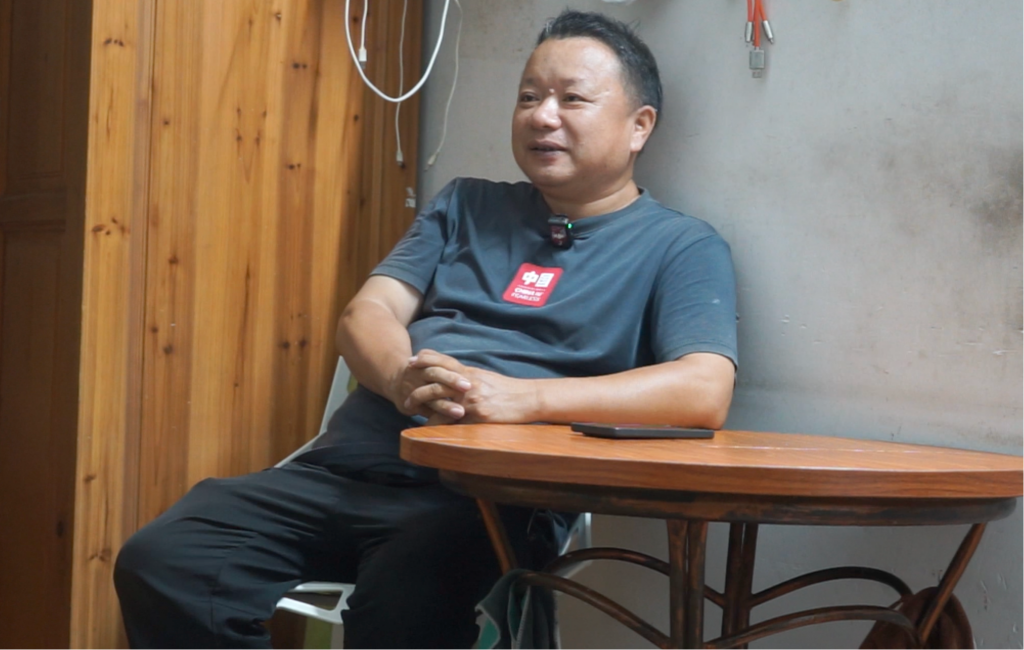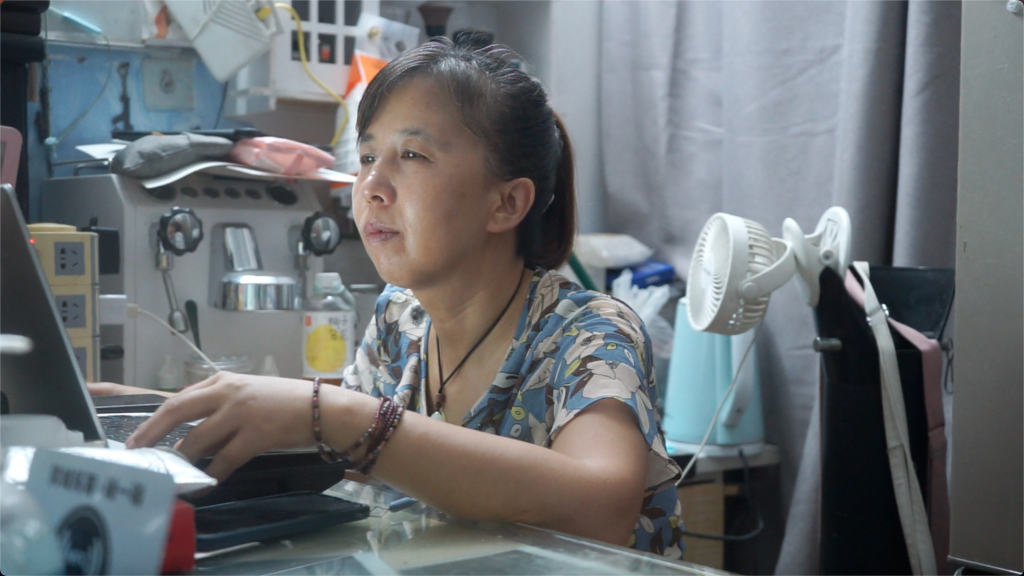
Changning Zhang, a secondary landlord in Nanting for over a decade, came from a communications industry background. He observes a clear distinction between GAFA students and others: GAFA students personalize their rented spaces creatively, making them “look better,” while others leave them unchanged. He has seen many student artworks left behind but admits he usually disposes of them as he can’t appreciate them. His relationship with students is one of mutual non-interference – “mutual appreciation without mutual disturbance” – acknowledging their unique energy but citing a generational gap that prevents deeper social interaction like meals together. He believes the village’s unique artistic atmosphere, sustained by GAFA’s presence, differentiates it from other villages, even if he doesn’t personally understand the art. He is open to chatting with artists but lacks the “passion” to collaborate creatively himself.

Auntie Tang has sold soup in Nanting for a decade. Her interactions with GAFA students are frequent and warm, based around her stall; she’s even been invited to a former student’s wedding. While she attends GAFA exhibitions when given tickets, she finds the art itself difficult to understand, simply appreciating that it “looks good.” She notes the visual distinctness of GAFA students (clothing, hairstyles) compared to others. Practical concerns dominate her life; she works long hours with little profit, striving only to cover rent and support her family, leaving no time or energy for activities like learning art. She is indifferent to artistic interventions in the village as long as they don’t disrupt her life. She values her contact with students, finding it more uplifting and engaging than her previous factory work.

Qingrong Yang became a landlord in Nanting seeking a connection to the arts for her daughter and herself. Unlike many, she actively engages with GAFA student tenants, asking about their work, buying paintings she finds talented (spending thousands), and even taking a pottery class. She feels the village committee fails to capitalize on GAFA’s presence to foster a true artistic community, focusing only on rentals. She criticizes rising rents for pushing out artistic training centers. She envisions a supportive ecosystem with affordable studios for graduates. Her interactions go beyond landlord-tenant; she chats with students, seeks their design advice, and values their “purer” mindset compared to adults in the corporate world. She is open to collaboration, participating in a painting session and finding the process engaging, though she worries about the time commitment from her busy life.
Leave a Reply